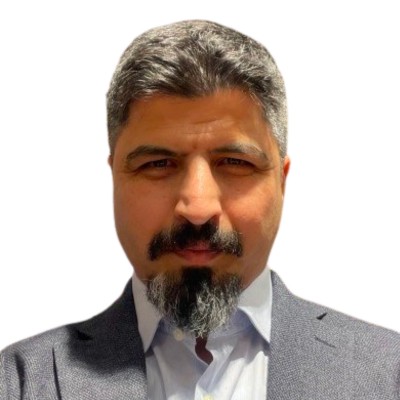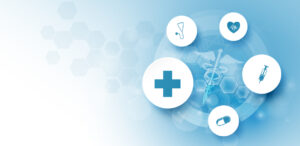There is no doubt that the evolution of Artificial Intelligence (AI) and Machine Learning pumped thousands of opportunities in the job market. Opportunities flow continued to increase markedly with the mutation in computational linguistics. If you are a dreaming job-seeker, looking for a field with abundant job opportunities, I can assure you that Natural Language Processing (NLP) will satisfy your dreams. By having a quick look at “NLP People” (a website specialized in Artificial Intelligence careers), we can see tens of companies offering different exciting opportunities in the field of NLP. You can set your educational targets through checking the available vacancies at https://nlppeople.com/companies/
Natural Language Processing (NLP) is a multidisciplinary science representing the merge of AI, and computational linguistics (interactions between computers and human languages).
Computers can analyze and understand different language forms (conversation, reading, or written articles). Moreover, it can help in other natural language operations (publishing, translation, or lip reading). A lot of people think that NLP is another synonym for Automated Speech Recognition (ASR), but this is not true. We can consider ASR a part of NLP process. NLP takes place after speech Recognition and aid in the process of speech recognition improvement.
Challenges
Working on unstructured data is very challenging. Written articles may contain typos and abbreviations. The initial step to overcome this challenge is realizing the main aim of the article, then comes the role of advanced algorithms.
Voice calls have different challenges like unclear voice or the presence of disrupting noise, this could represent a problem if our aim is only converting speech to text.
Artificial Intelligence and NLP
If our aim is higher than speech-to-text, like detecting the emotional state or psychological mode of the speaker, other complex algorithms will be needed. Such algorithms detect the neutral state of the speaker and differentiate it from other states (like being nervous). Such systems can still be deceived by talented persons who can easily change their mode of speaking and voice layers. This can be applied to develop tools that can aid in the study of the quality of sales calls.
AI application in the NLP was also used successfully in the medical field. Jain and Friedman succeeded to figure out cases susceptible to develop breast cancer through their NLP system. This system can extract suspicious findings (such as a mass, calcifications, asymmetry, or architectural distortion) from mammography reports and trigger warnings that such findings may be suggestive of a case developing breast cancer.
Big Data and NLP
80% of available data nowadays are unstructured data. This fact imposed a need for tools and architecture able to handle this huge textual data taking into consideration the time factor and other technical factors like memory handling.
Different trials and experiments are taking place to measure the effectiveness and efficiency of using large clusters and multiple processing nodes. Such approach is called “Streaming approach”.
Organizations
Message Understanding Conferences (MUCs) are gatherings of researchers in computational linguistics.
Members of this conference develop software systems called MUC scoring systems. Such applications are concerned with natural language understanding tasks defined by the committee. Such systems are evaluated according to the accuracy of their output and whether they are identical to the output of human linguists. You can read more about MUC Scoring Software and how it works at http://www.itl.nist.gov/iaui/894.02/related_projects/muc/muc_sw/muc_sw_manual.html
First steps towards the NLP world
Coursera has a very good introductory course ” Introduction to Natural Language Processing” offered by “University of Michigan”. The course is available at: https://www.coursera.org/learn/natural-language-processing
You should have reasonable knowledge of Statistics and Python to go through the course smoothly.
As you prepare for a career in NLP, explore how technologies like Generative AI in Healthcare can revolutionize patient interactions. Additionally, Healthcare Chatbot applications are transforming communication, making it vital to stay informed on these advancements.
Recommended books:
After finishing the previous course, you can get deeper by reading one of the following books:
- Foundations of Statistical Natural Language Processing: Christopher D. Manning, Hinrich Schütze
- Speech and Language Processing, 2nd Edition: Daniel Jurafsky, James H. Martin





























